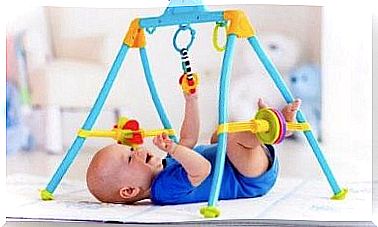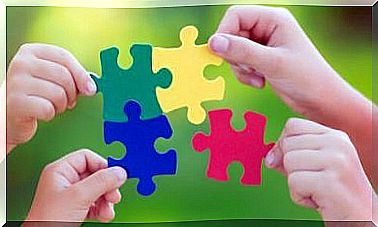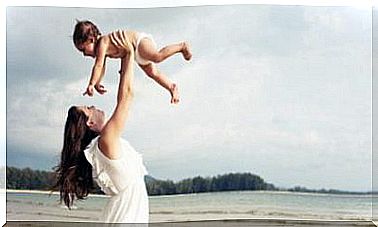The Benefits Of Playing With Water For A Child
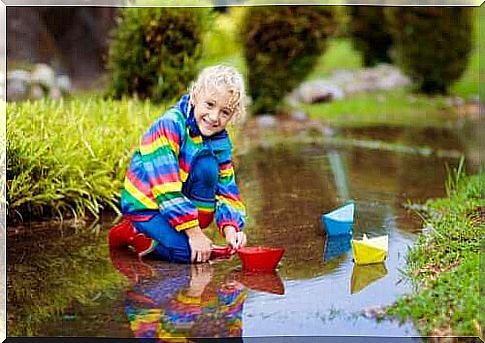
Almost all children love to play with water, whether it is to bathe in a bathtub, pool or natural water or play a water war. In addition to entertaining the child for long periods of time, the benefits of playing with water are manifold, as it can develop a child’s physical, social, cognitive, and emotional skills.
The benefits of playing with water for a child
1. Fine and coarse motor skills
The development of fine and coarse motor skills is extremely important in early childhood, as the child must learn to master both his small and large muscles. And what better way to do that than have fun? Filling containers with water, immersing goods in water, and pouring, splashing, mixing, and spraying water are all great ways to develop these skills.
2. Ability to concentrate
When playing with water or in the water, a child often has so much fun that he doesn’t even find himself learning to improve his ability to concentrate at the same time by studying things and making observations. Water entertains the child for long periods of time, which helps to develop long-term concentration. This in turn enhances the development of the child’s formal learning ability.
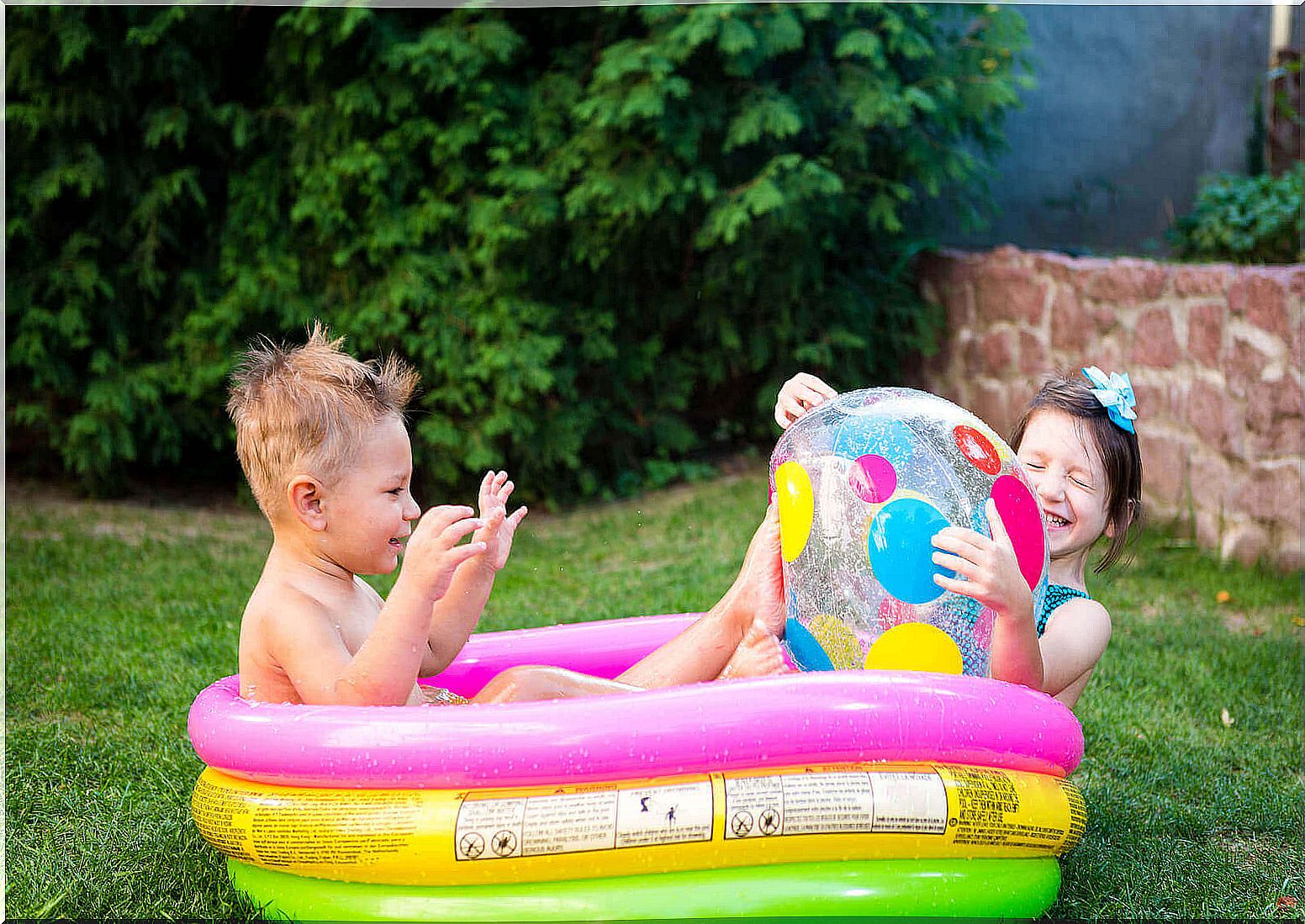
3. Mathematical skills
While it may not immediately feel like it, playing with water is a great way to develop a child’s basic math skills. Learning these skills through play is essential before a child begins to learn formal math skills at school. By filling and emptying containers of different sizes, the child learns about volume and tonnage and handles concepts such as full, empty, more and less . The child also learns how to move things by pouring water from one container to another.
4. Scientific concepts
By playing with water, the child also learns to understand scientific concepts. He learns from an early age, among other things, the following basic elements of physics by studying the various properties of water:
- The sand becomes heavier when mixed with water.
- The sand feels different and behaves differently when dry and wet.
- Water spills and drips down, never up.
- The air makes the water move.
- Water changes shape depending on location and temperature.
- Some objects float in the water while others sink.
5. Language and vocabulary
As a child experiences new things and learns to describe and understand what they are doing, his or her vocabulary expands. As he plays with water as well as various instruments, toys, and containers, the young child develops a new vocabulary whose words are based on these elements and his own actions.
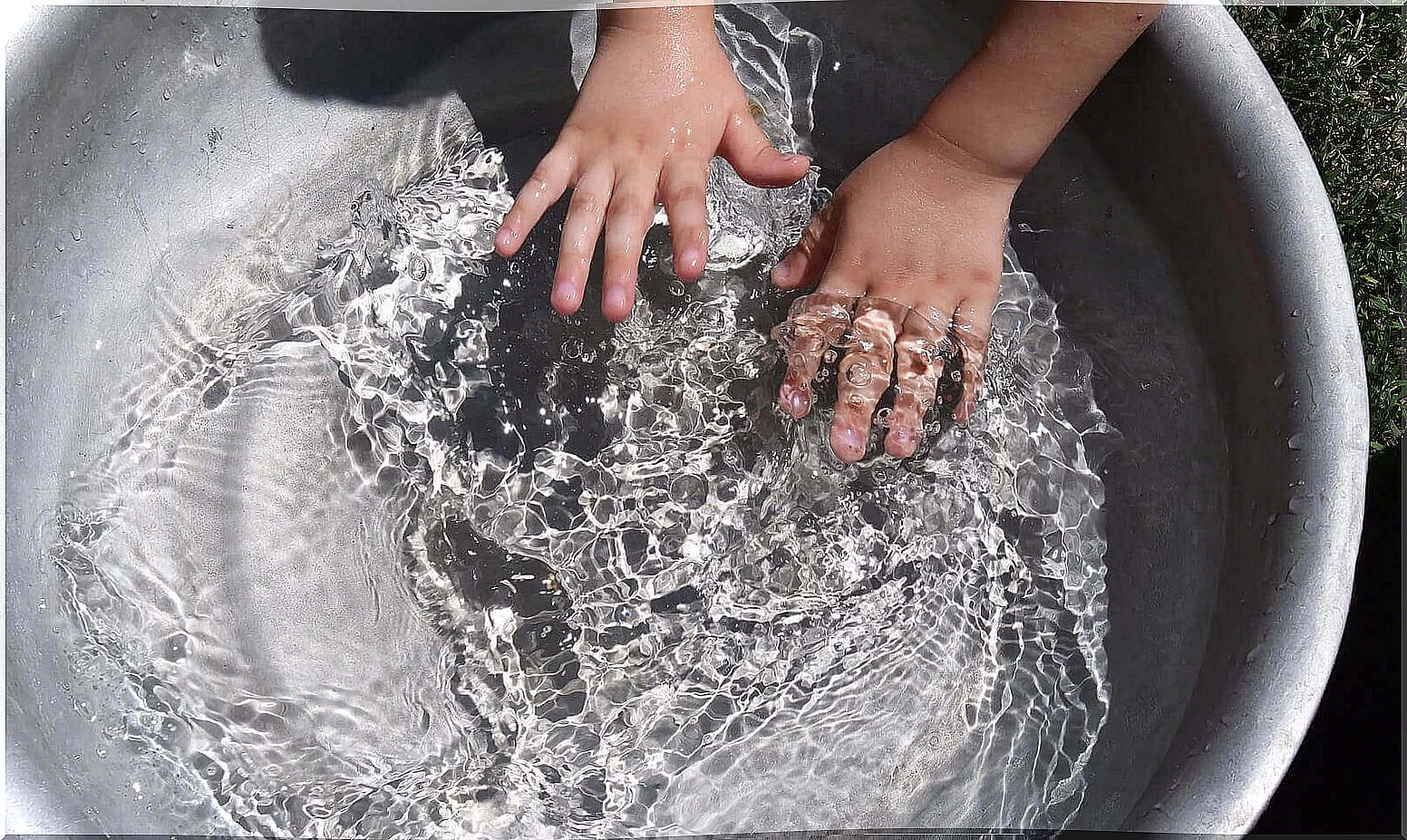
6. Social skills
By playing with other children, the child produces more sounds, and together they create more energy. The child also learns to deal with conflicts that may arise with other children. Water games help to calm and relax the child. As the child plays with water, his or her social skills develop as he or she learns the skill of sharing, cooperating, and aiming for a common goal.
7. Sensory examination
The child likes to explore things using all his senses. With the help of water games, he can explore his own senses, for which it is important to offer him plenty of opportunities.
8. Skills that promote creativity
Playing with water helps a child develop problem-solving skills as it encourages creativity. For example, the child must be able to think about how to pour water into a container and how to pour water away so that it does not spill.


